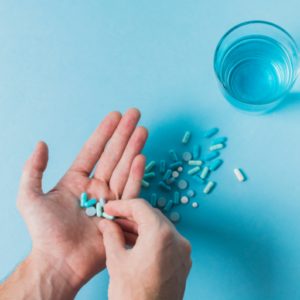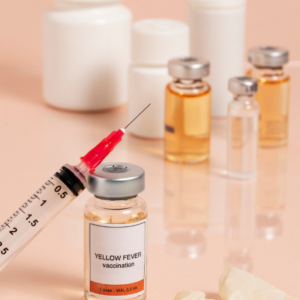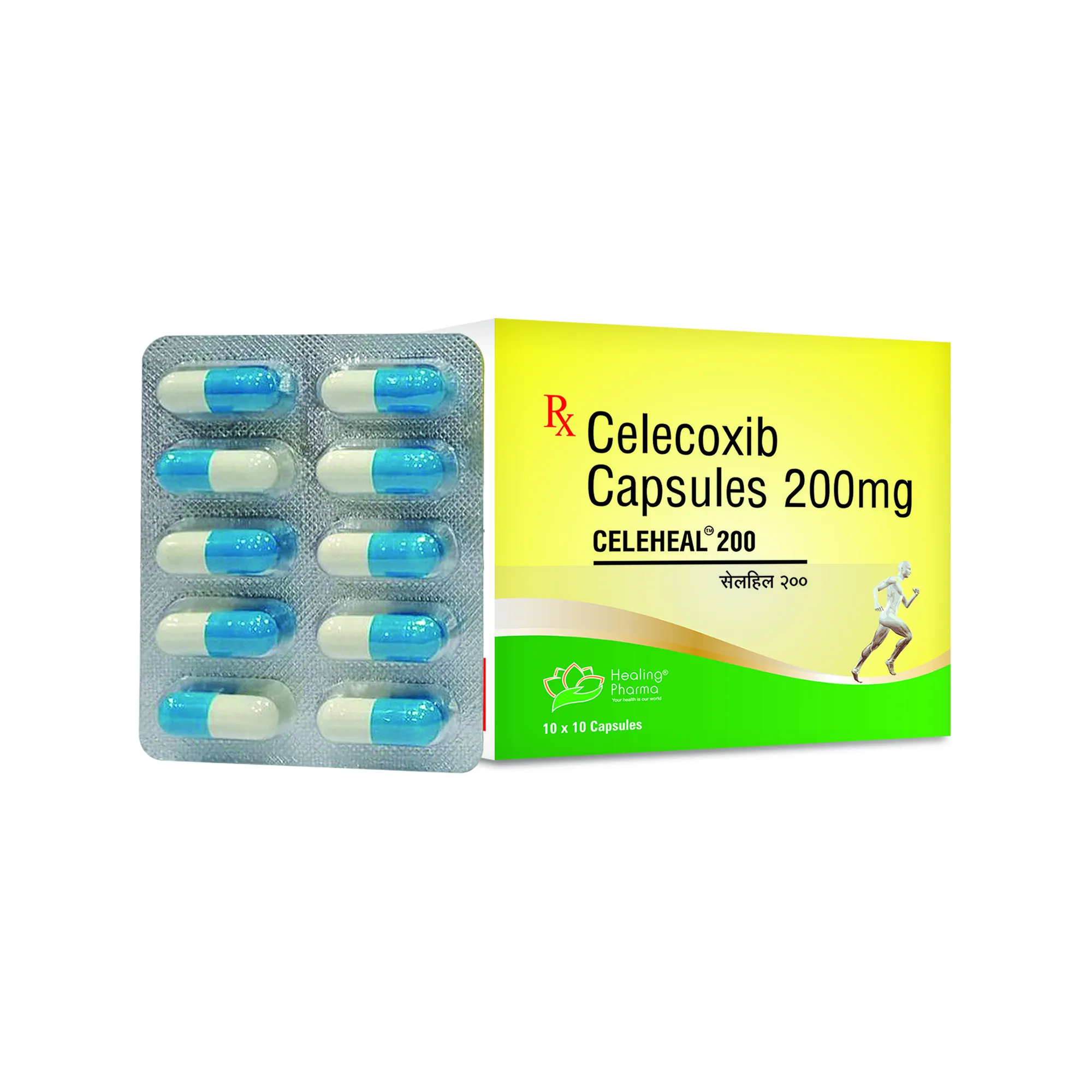CELEHEAL 200mg
| Package | Per capsule | Savings | Price |
|---|---|---|---|
| 180 capsules | $0.31 | $16 | $72 $56 |
| 150 capsules | $0.32 | $12 | $60 $48 |
| 120 capsules | $0.33 | $9 | $48 $39 |
| 90 capsules | $0.34 | $5 | $36 $31 |
| 60 capsules | $0.37 | $2 | $24 $22 |
| 30 capsules | $0.40 | – | $12 |
What is this medicine?
CELEHEAL 200 mg is a nonsteroidal anti-inflammatory drug (NSAID), specifically a COX-2 inhibitor. It is used to treat pain or inflammation caused by conditions such as osteoarthritis, rheumatoid arthritis, ankylosing spondylitis, and menstrual pain. It works by blocking the enzyme that produces prostaglandins, thereby reducing inflammation and pain.
What should I tell my health care provider before I take this medicine?
They need to know if you have any of these conditions:
-
asthma, especially if caused by NSAIDs
-
history of heart attack, stroke, or blood clots
-
high blood pressure
-
heart disease
-
liver or kidney disease
-
stomach ulcers or gastrointestinal bleeding
-
history of sulfa allergy
-
if you smoke or consume alcohol regularly
-
inflammatory bowel disease (Crohn’s or ulcerative colitis)
-
fluid retention or edema
-
an unusual or allergic reaction to celecoxib, sulfa drugs, aspirin, other NSAIDs, or any ingredients in this medicine
-
pregnant or trying to get pregnant
-
breast-feeding
How should I use this medicine?
Take this medicine by mouth with a full glass of water. It may be taken with or without food. Taking it with food may reduce the risk of stomach upset.
Take your doses at regular intervals. Do not take your medicine more often than directed. Do not stop taking this medicine without your doctor’s advice.
Overdosage: If you think you have taken too much of this medicine, contact a poison control center or emergency room at once.
What if I miss a dose?
If you miss a dose, take it as soon as you remember. If it is almost time for your next dose, skip the missed dose and take only your next dose. Do not take double or extra doses.
What may interact with this medicine?
-
other NSAIDs (ibuprofen, naproxen, diclofenac)
-
aspirin
-
blood thinners like warfarin
-
corticosteroids (e.g., prednisone)
-
lithium
-
ACE inhibitors, ARBs (used for high blood pressure or heart failure)
-
diuretics
-
fluconazole or other antifungal medicines
-
certain antidepressants (SSRIs/SNRIs)
-
methotrexate
-
alcohol
This list may not describe all possible interactions. Give your health care provider a list of all the medicines, herbs, non-prescription drugs, or dietary supplements you use. Also tell them if you smoke, drink alcohol, or use illegal drugs. Some items may interact with your medicine.
What should I watch for while using this medicine?
Visit your doctor or health care professional for regular checks on your progress.
This medicine may increase the risk of heart attack or stroke, especially if used long-term or in people with existing heart conditions.
Do not take other NSAIDs unless your doctor advises. Avoid alcohol — it can increase the risk of stomach bleeding.
Tell your doctor immediately if you develop symptoms of stomach bleeding such as black or bloody stools, vomiting blood, or severe abdominal pain.
Avoid activities that require alertness until you know how this drug affects you. It may cause dizziness or fatigue.
Women should inform their doctor if they plan to become pregnant. Avoid this medicine during the third trimester of pregnancy.
What side effects may I notice from this medicine?
Side effects that you should report to your doctor or health care professional as soon as possible:
-
allergic reactions such as skin rash, itching, swelling of the face, lips, or tongue, or difficulty breathing
-
chest pain or shortness of breath
-
signs of stomach bleeding (black/tarry stools, vomiting blood)
-
yellowing of the skin or eyes
-
swelling in your legs or ankles
-
sudden weight gain
-
difficulty urinating or change in urine output
-
unusual bruising or bleeding
Side effects that usually do not require medical attention (report if they continue or are bothersome):
-
headache
-
indigestion
-
stomach pain
-
gas or bloating
-
dizziness
-
nausea
-
back pain
This list may not describe all possible side effects.
Where should I keep my medicine?
-
Keep out of the reach of children.
-
Store at room temperature between 20 and 25 degrees C (68 and 77 degrees F).
-
Protect from moisture and heat.
-
Do not use after the expiration date.
-
Safely dispose of unused medicine.
























